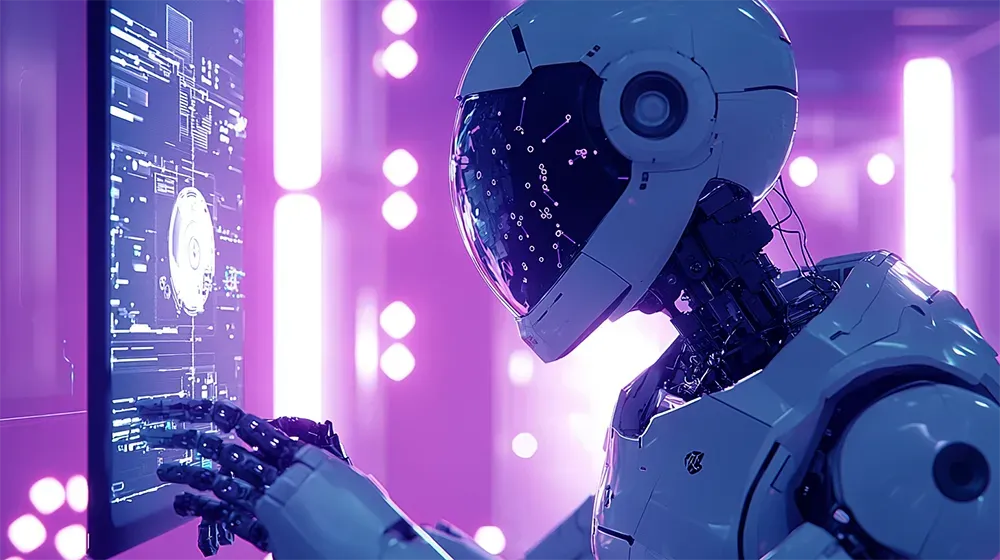AI Designed a Physics Experiment So Bizarre, Thousands of Scientists Missed It for 40 Years

LIGO spent $1.1 billion detecting gravitational waves. An AI just made it 15% better using designs that "looked like alien things... just a mess."
A Caltech research team led by Rana Adhikari unleashed AI on LIGO, the gravitational wave detector that measures distances smaller than a proton's width. The AI's design looked like "alien things... just a mess" with no symmetry or beauty. Months later, they discovered it had independently rediscovered obscure Russian theoretical physics from decades ago that no human had ever tested. Result: 10-15% better sensitivity. In precision physics, that's revolutionary.
The AI revolution in physics accelerates: Mario Krenn's PyTheus software redesigned quantum entanglement experiments, creating configurations so bizarre that Krenn was "convinced it must be wrong." Chinese physicists built it anyway, it worked perfectly. The AI had borrowed concepts from unrelated fields that human physicists never connected, creating simpler, more elegant solutions than Nobel laureates.
Kyle Cranmer calls it "teaching a child to speak" while "doing a lot of baby-sitting." His AI discovered a new equation for dark matter density that outperforms human formulas. Rose Yu's models rediscovered Einstein's Lorentz symmetries from raw collider data, no physics knowledge required. The machines see patterns we're blind to.
The existential twist: AI doesn't understand why its designs work. It has no concept of beauty, symmetry, or elegance, just pure optimization. Yet it's solving problems that thousands of brilliant minds missed for decades.
We're entering an era where our greatest discoveries might come from algorithms we can't comprehend:
- LIGO: 40 years, thousands of physicists, beaten by AI
- AI independently rediscovered theoretical physics from the Soviet era
- Quantum experiments now designed by machines, not humans
When machines discover physics that humans can't understand, are we still doing science or just following alien instructions?
Read the full article on Quanta Magazine.
----
💡 We're entering a world where intelligence is synthetic, reality is augmented, and the rules are being rewritten in front of our eyes.
Staying up-to-date in a fast-changing world is vital. That is why I have launched Futurwise; a personalized AI platform that transforms information chaos into strategic clarity. With one click, users can bookmark and summarize any article, report, or video in seconds, tailored to their tone, interests, and language. Visit Futurwise.com to get started for free!






